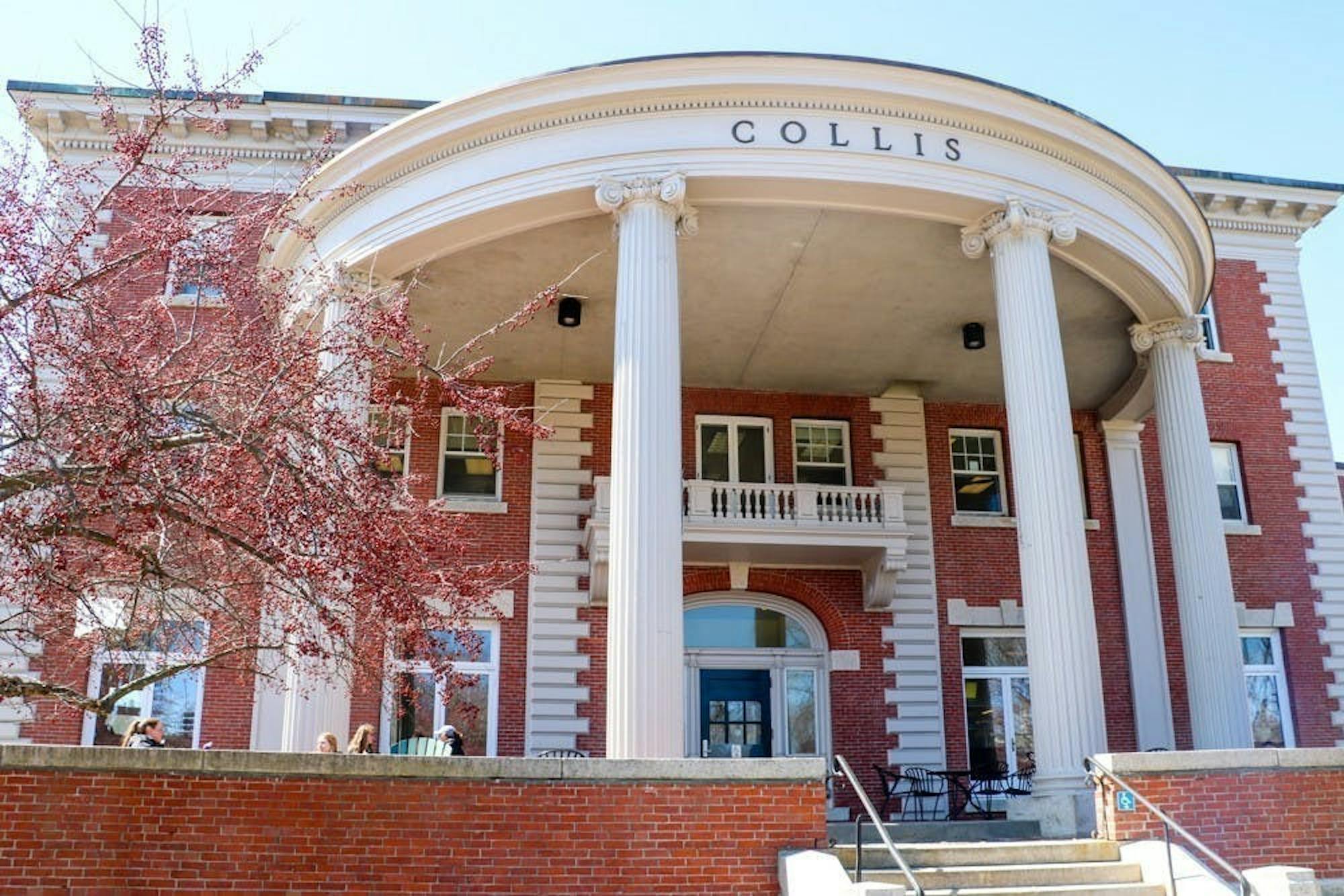The Dartmouth Student Robotics Team, founded this past summer, held its first club meeting on Sept. 12. The team plans to compete in robotics competitions and work to develop robotic solutions to problems such as self-planning and time management and waste sorting.
The robotics team, which meets every Monday evening, is currently composed of 21 members who are split into two teams: the competitive group, with 11 members, and the problem solving group, with 10 members. Members were able to select which group they would prefer to be in when they applied to the team.
The competitive group, led by robotics team co-founder Sonia Bendre ’25 and Mehmet Eren Aldemir ’24, plans on competing early next year in the Robotics Education and Competition foundation’s VEX U competitions — robotics engineering competitions for elementary to college-aged students — and will focus on the design and building of a robot that satisfies certain predetermined criteria and goals. According to Aldemir, this year the competition team will build two robots: one that is less than 18 inches tall, wide or long and one that is less than 15 inches tall, wide or long. The robots will be capable of completing tasks like shooting foam frisbees at targets.
“The competitions usually decide these goals based on real-life stuff needed in the industry or other applications, so it’s like a small version of real challenges,” Aldemir said.
The problem solving team, in comparison, will focus on solving creative problems from a syllabus curated by team co-founder Edwin Onyango Jr. ’25 and Jolie Nelsen ’25, based on the book “101 Design Methods,” Onyango said. He added that the team hopes to bring in guest speakers who work in the robotics industry to help members gain an idea of the process behind how an idea becomes a robotic product.
“We’re hoping [that] by the time [the team] is done problem-solving, if they don’t come up with something that they can show, like a tangible product, they have a good grasp of the process it takes to actually [do so],” Onyango said.
Onyango said he began planning to establish the robotics team in the winter of 2022 and reached out to Bendre to help. By March, Onyango said, the Committee on Student Organizations had approved the club, and by July, Onyango and Bendre invited Aldemir and Nelsen to join the club’s executive board.
Computer science professor Alberto Quattrini Li, the club’s academic advisor, said he was happy to contribute to the founding of the club because he is passionate about robotics and thinks the process of applying it with a holistic view of society is “enriching.”
“I’m here to support them, and this has come really as a student-driven effort,” Li said. “ I’m quite excited about the growth of this club and looking forward to what the club is going to be able to achieve, and I’m going to be there to help them along the way.”
The addition of a robotics club to Dartmouth has provided a new outlet for those who are interested in robotics to work among a group who shares such passions, according to Onyango.
“As a club, we’re working towards a common mission: trying to innovate, but at least have fun in the process,” Onyango said. “There are a lot of really ambitious people who want to solve some problems, and the advantage we have is that we have the resources [and support].”
Members of the robotics team bring a variety of expertise and academic backgrounds to the group, according to Onyango. He said that this diversity is helpful in tackling the problem-solving challenges because people bring in experiences from different subject areas ranging from math to marketing to psychology.
Li said that an interdisciplinary group is essential if you really want to apply and develop technology that will be usable in other contexts.
“Dartmouth is a nice home for a robotics club because we are in a liberal art setting where we have students that are interested in different areas,” Li said. “It is a nice experience [to have] a group of people of different and diverse backgrounds really talk to each other and learn [together.]”
According to Bendre, many team members also led robotic clubs at their respective high schools, so they can draw on previous experience.
“It’s really nice how much they contribute to meetings,” Bendre said. “I’m very excited to learn from them, and I want them to know that the club is as much theirs as it is [the executives’].”




